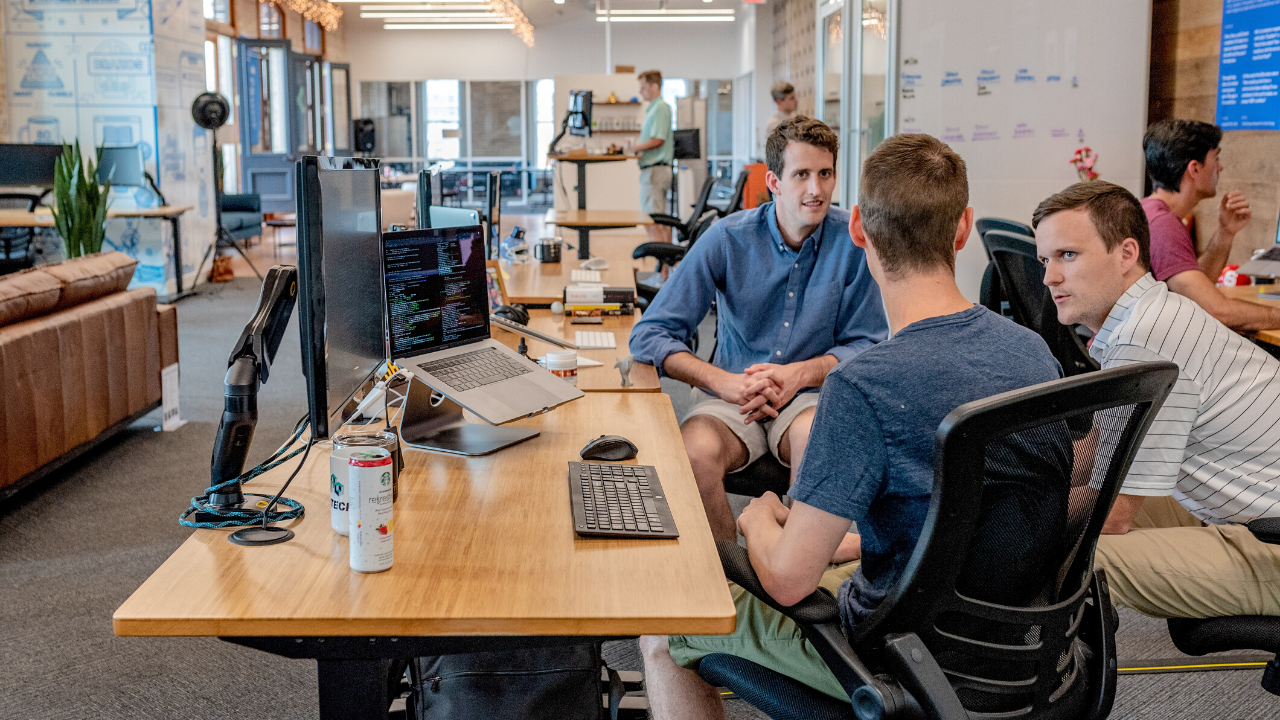The 2019 Global Coworking Survey has revealed that the amount of coworking spaces grew by a fifth in 2018 alone, indicating that the industry is here to stay.
While flexible offices were once seen as a secondary option for companies, they are now viewed as the preferred workspace model for various organizations.
As the market continues to mature, it is becoming increasingly more competitive due to the introduction of new coworking operators, landlords starting their own operations and hospitality companies jumping on the trend. For example, hotel chain The Hoxton is currently in the process of rolling out its own brand of coworking space in an effort to offer a wider range of hospitality services.
Despite the massive growth of flexible workspaces from all across the commercial real estate industry, developers and landlords should not see it as a threat. In fact, having a flexible workspace in a building can bee seen as a valuable asset for tenants.
Moving forward, there is plenty of opportunity for developers to collaborate with hospitality or coworking operators in order to provide high-level services for occupiers. This could be achieved through a reception area, communal spaces, community events, wellness rooms and more.

 Dr. Gleb Tsipursky – The Office Whisperer
Dr. Gleb Tsipursky – The Office Whisperer Cat Johnson – Coworking Marketing Maven
Cat Johnson – Coworking Marketing Maven Angela Howard – Culture Expert
Angela Howard – Culture Expert Drew Jones – Design & Innovation
Drew Jones – Design & Innovation Andrea Pirrotti-Dranchak – Competitive Advantage
Andrea Pirrotti-Dranchak – Competitive Advantage Jonathan Price – CRE & Flex Expert
Jonathan Price – CRE & Flex Expert Jeremy Fennema – Tech Innovation Alchemist
Jeremy Fennema – Tech Innovation Alchemist







